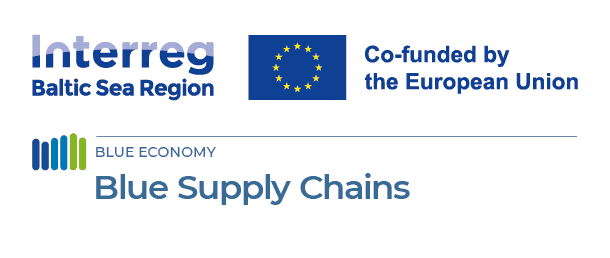
CargOn the Docks – Stena Line and partners focus on rail-ship combinations
14 November 2023
From rail to water – in the face of climatic and infrastructural challenges, the combination of rail and ship is a future-oriented way to organize transports sustainably and efficiently. On 21.09.2023, together with DB Cargo, ROSTOCK PORT and Euroports, the Swedish ferry operator Stena Line therefore invited interested companies and involved partners to the Port of Rostock to discuss the potential of the rail-ship combination.
For more than ten years, Stena Line has operated the Rostock-Trelleborg route with the largest rail ferries in the world. The ferries Mecklenburg-Vorpommern and Skåne each have around 1,000 metres of track and are thus the only ones to enable the transport of direct trains between Germany and Sweden without having to reload them in Rostock or Trelleborg. In 2022, more than 20,000 wagons from DB Cargo and other railway partners were shipped directly to Trelleborg via the connection.
After the welcome by Katrin Verner from Stena Line, Sören Kaminsky from DB Cargo, Helmut Ahrens from DB Netz, Ingmar Bünting from Euroports and Dr Gernot Tesch from ROSTOCK PORT, the visitors to Rostock were given the opportunity to see the rail-ferry trajectory in all its details. Among other things, a train loading on the Skåne rail ferry was shown, innovative freight wagons were exhibited and the various rail ferry services were presented at set-up market stalls. In the keynote speeches, the hosts particularly emphasised the need for infrastructure development and the importance of rail ferry services from Rostock to Sweden:
“Rail transports are only as efficient as the rail routes they use. If the routes of our rail customers have sufficient axle loads, functioning points, modern interlockings but also efficient shunting facilities at the junctions, rail can compete with road in the long term. At the ports of Rostock and Trelleborg, we then ensure smooth loading onto our rail ferries. Our Rostock-Trelleborg route is not only sustainable, but also strategically represents an important connection between Germany and Sweden: It relieves the congested and disruption-prone freight route via Denmark and the major crossings,” says Katrin Verner, Freight Commercial Manager Stena Line.






